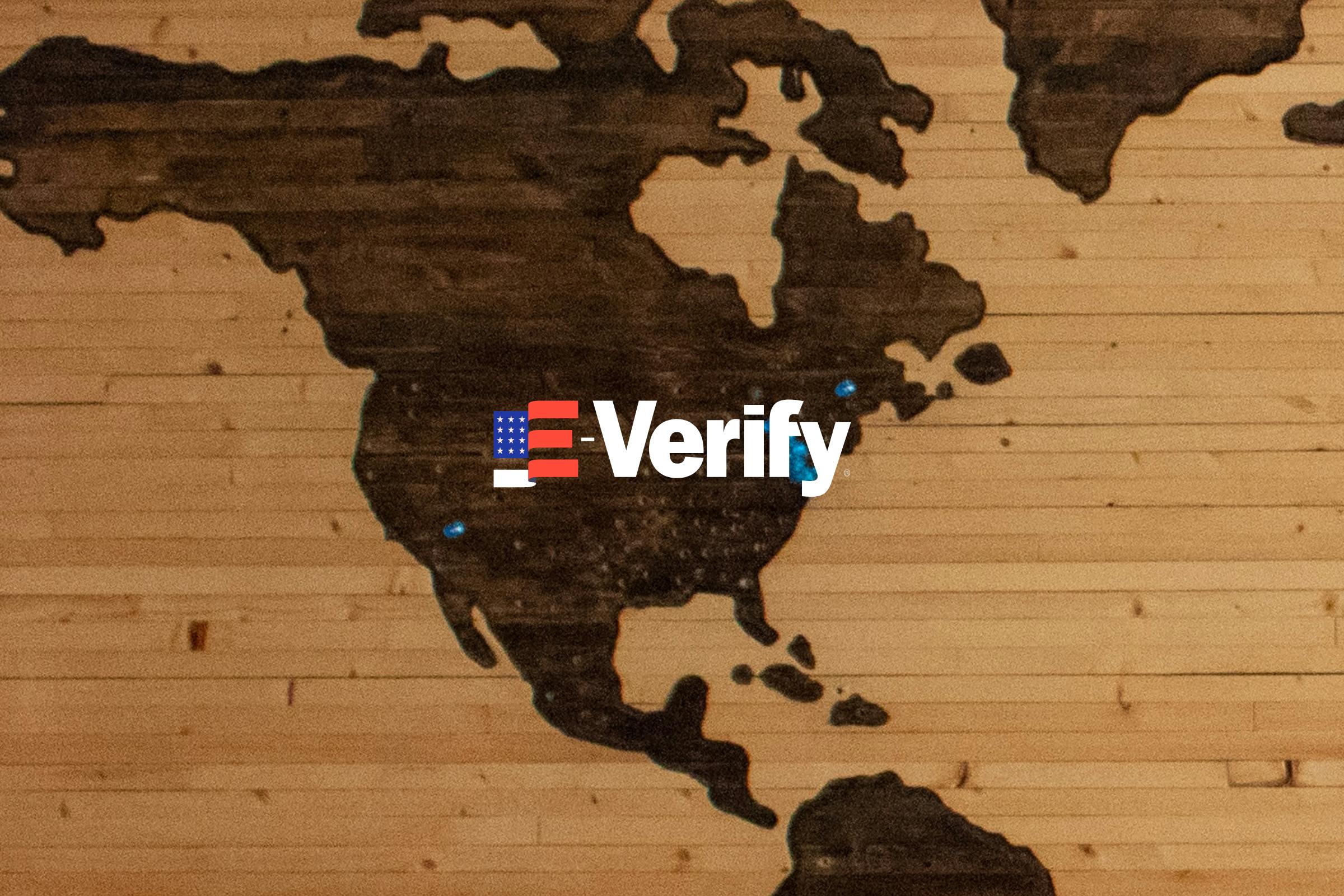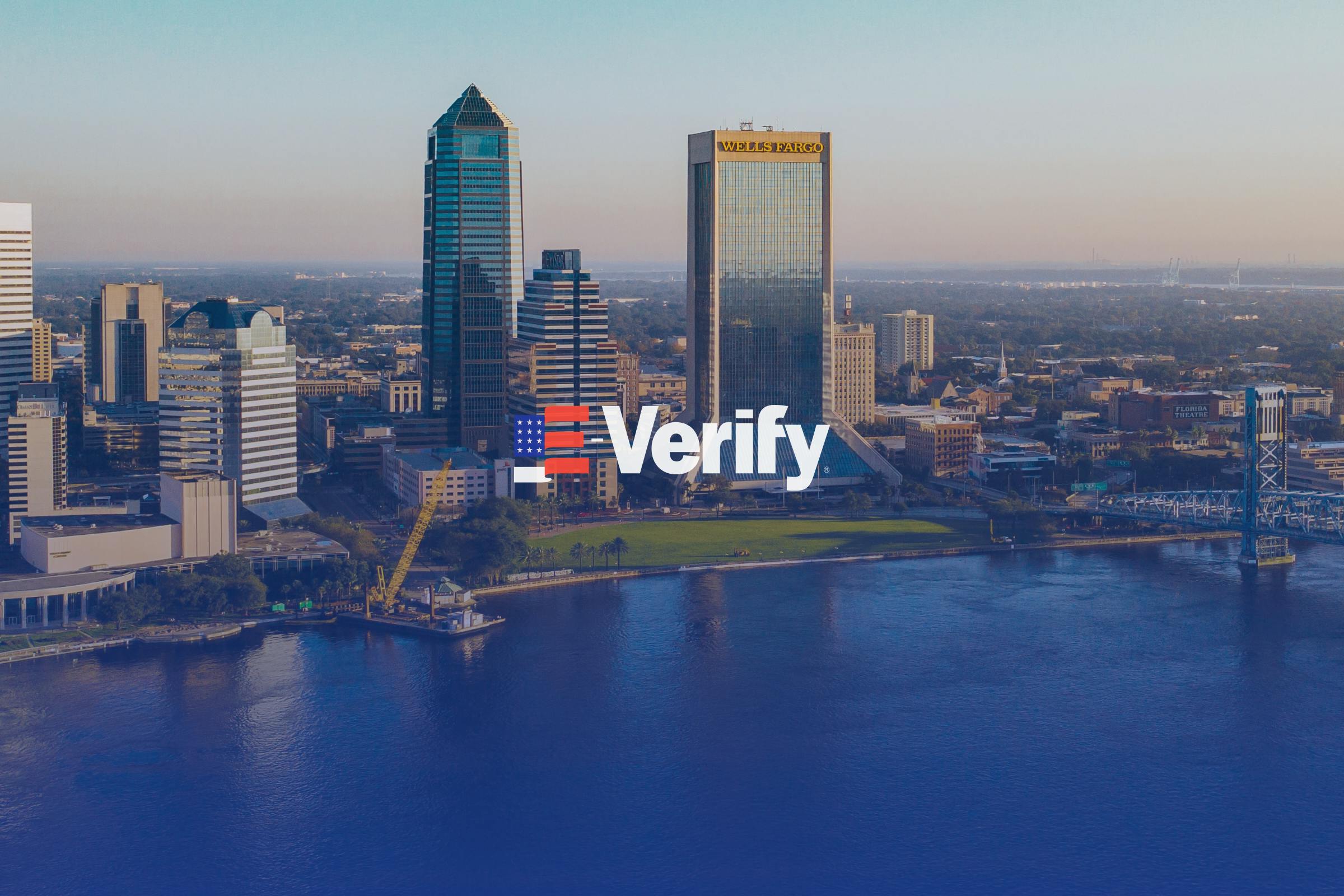Have you ever heard of downgrading your immigration petition? It refers to asking your employer who has filed on an I-140 petition on your behalf to write a new petition, but in a different category. This strategy is sometimes used, or offered as a possible solution by immigration experts because through downgrading, the applicant is able to speed up their processing time.
We will discuss in this blog the pros and cons of this strategy, and if it is really worth it for the applicant who is seeking a green card or employment based visa to enter the U.S.
What Does Your Employer Think?
Before we get into the specifics of the Visa Bulletin and priority dates and different country applicants, we first have to discuss the possibility that your employer will allow this procedure. If you take a look at the difference between an EB-2 visa and an EB-3 visa, you have to note there are considerable differences. EB-2 visa holders generally have Masters degrees while EB-3 visa holders generally have Bachelors degrees with 2 years of work experience or equivalent. The issue needs to be resolved by the organization/company that is planning on hiring the foreign national. An EB-2 employee will easily qualify for a downgraded EB-3 visa, but the question is whether or not the hiring manager wants to allow this change.
In addition, if there is any job detail change with the new EB-3 I-140, the intending immigrant will also need to aware of this and be willing to sacrifice any changes in their job detail.
The Visa Bulletin
The next issue is seeing if the downgrade is really worth the new I-140 filing by your employer. This needs to be strategically dealt with by analyzing the State Department’s visa bulletin and considering your nationality and the wait times associated with citizens from your country. If we pull up the May, 2021 visa bulletin and scroll down to the bottom under the employment section, and look at the final action date table, we can see that the final action dates of EB-2 vs. EB-3 is much different. The final action date (or the dates when the actual green card numbers are available for that category and country of birth) for EB-2 applicants from China is December 1st, 2016, whereas the final action date for EB-3 applicants is May 15th, 2018.
However, besides Indian and mainland Chinese applicants, it might not make that much sense to go through the downgrade process. Keep in mind when you do go through this process, you will have to work out with your employer who is going to pay the additional I-140 fee if they don’t agree to pay it in full. For other country applicants, refer back to the Visa Bulletin. Right now, all other country applicants have a current final action date so there shouldn’t be any issue with having a priority date backlog.
Other Considerations
Employment applicants who are interested in this procedure should also consider the following—if your downgrade application is with your current employer, they can just use the original PERM they used when they first hired you. However, if you’re changing employers and have a new job that you want to use the downgrade with, or even if you changed jobs within the same company, your employer will have to submit a new PERM certification.














